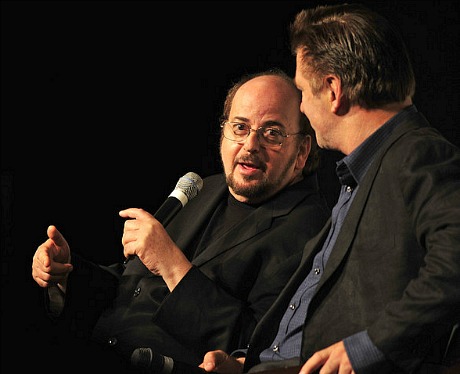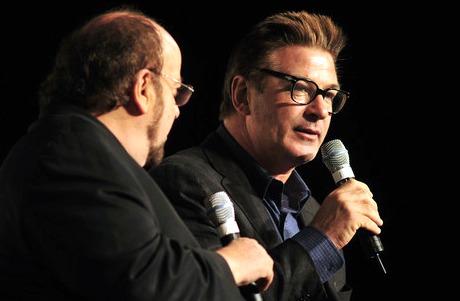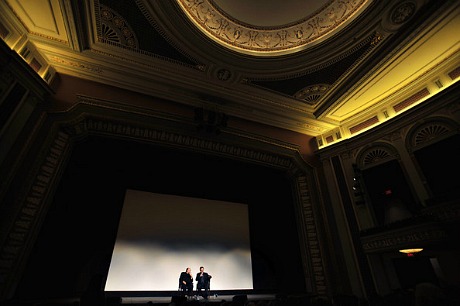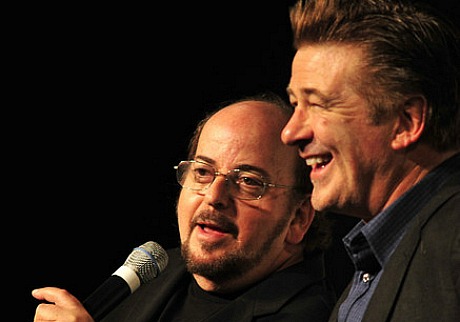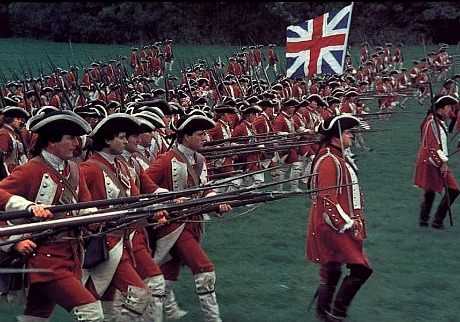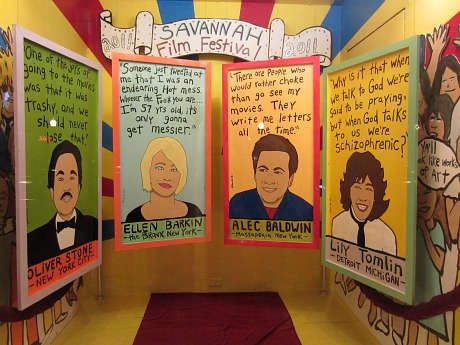Way back when people from Georgia used to speak with delicate Georgian accents. I remember hearing them at gas stations and diners when I drove through Georgia on my way to Florida. Vivien Leigh‘s Scarlett O’Hara spoke like a Georgian. Jimmy Carter still does, pronouncing “oil” as “awwl” and so on. But I heard no Georgian dialects during my three and a half days in Savannah. Okay, one or two but just about everyone sounded like they came from Connecticut or Maryland.
Atlanta has always been an uptown burgh, but I’ve always thought of Savannah as some kind of genteel hamlet where you could hear elegant, well-bred Southerners talk like elegant, well-bred Southerners. Remember Kevin Spacey‘s mint-julep patois in Midnight in the Garden of Good and Evil? Nobody talked like that in my presence last weekend. I guess you have to hang with the hicks in rural Mississippi or Alabama or Louisiana to hear people talk with any kind of drawl.
The South used to be an exotic place. Different aromas and assumptions, definitely not the North, a realm apart. It was a fabled territory that created literate, cultivated folk like William Faulkner and Harper Lee and Erskine Caldwell and characters like Boo Radley and Valentine Xavier and Blanche Dubois. It was also the culture of dumb-ass bubbas drinking cream soda and driving pickup trucks with shotgun racks and all that. It was just over 40 years ago when Randy Newman described rednecks as guys who “don’t know their ass from a hole in the ground.” I don’t think that line works any more.
I think corporate culture is making everything feel and look and sound more or less the same. This process has been gradually happening since the early ’70s, at least. Rural flavors and particularities are fading away. Everyone eats the same food, watches the same TV shows, wears the same 514, 511 and 501 jeans.
The only non-rural, uptown Southerners who seem to talk Southern-style are U.S. Senators and Congresspersons from southern districts. But I suspect they’re laying it on thick for theatrical effect, or because they suspect that a strong accent will resonate with conservative, low-income voters.


